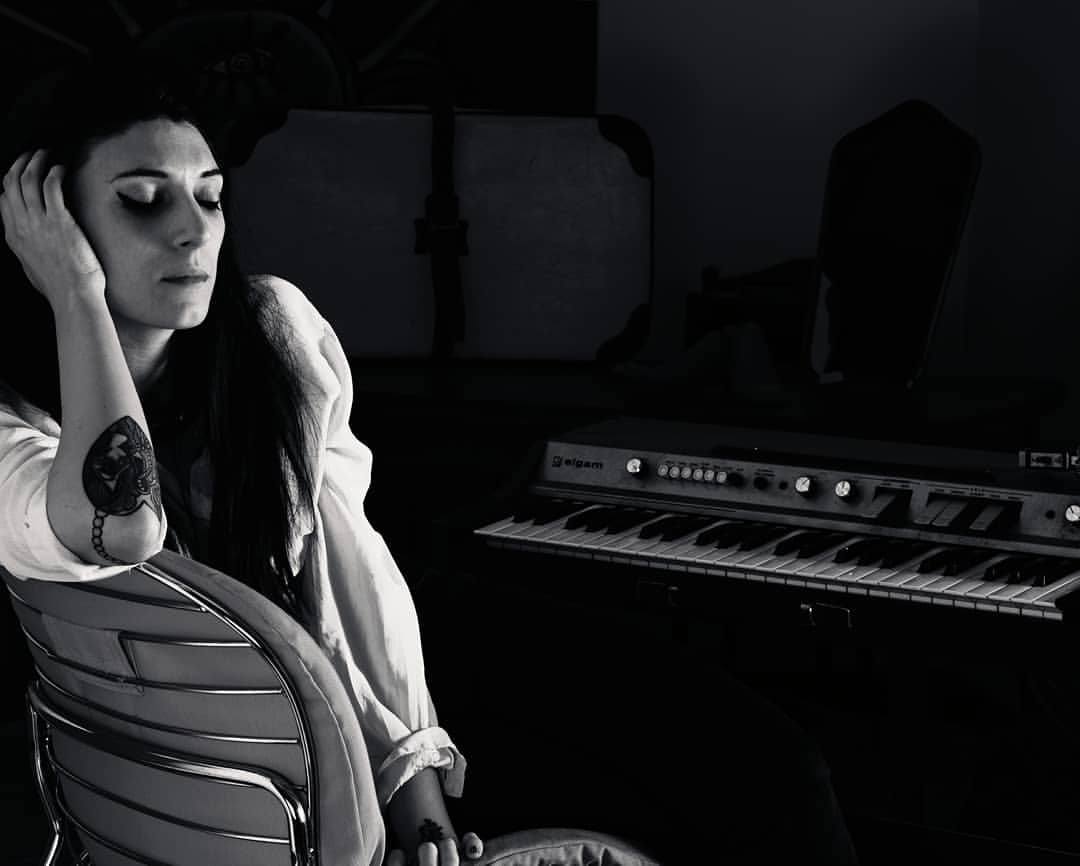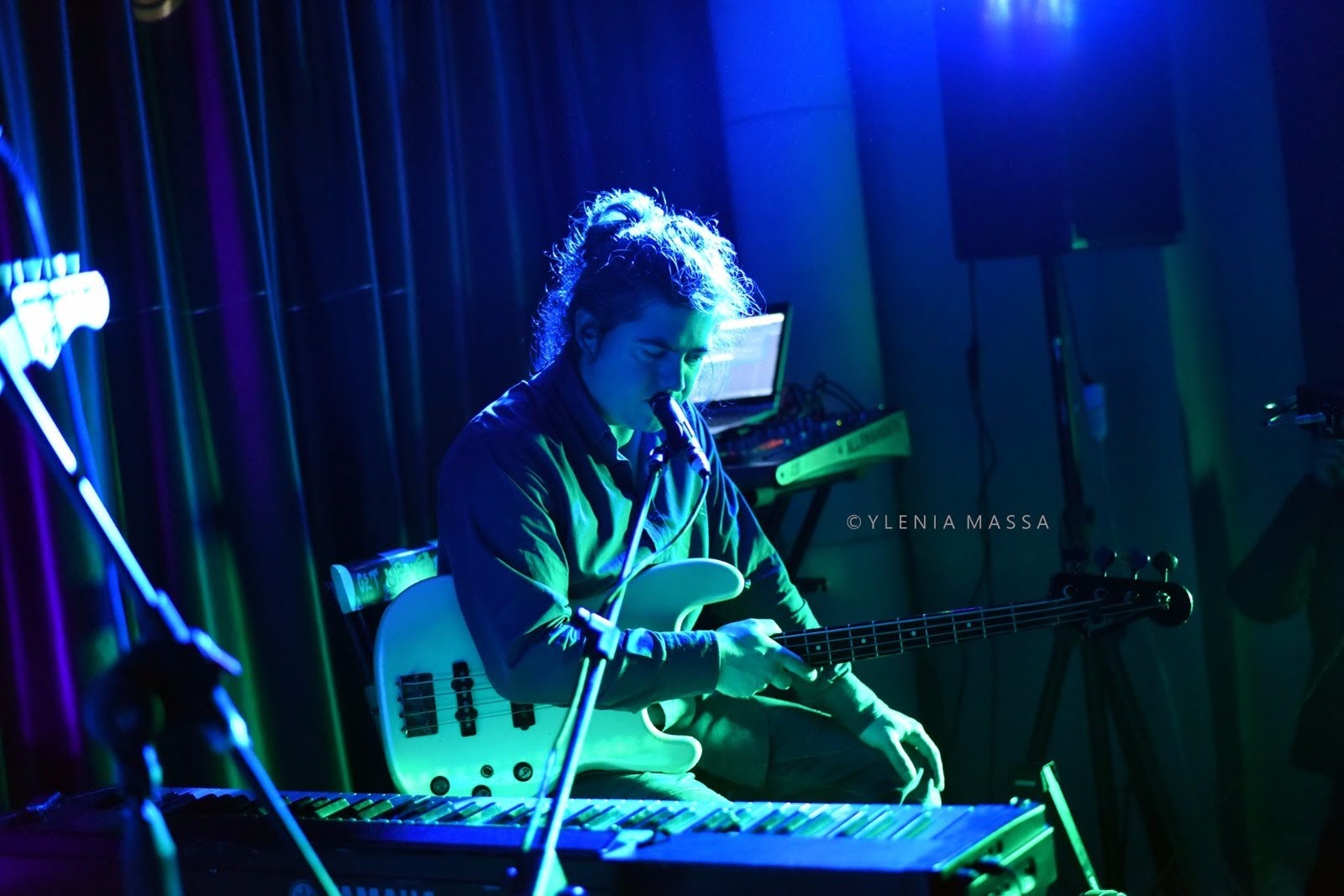7 OCTOBER, SUNDAY, CANETTI HOUSE
4 PM
Mariagiorgia Ulbar – concert reading with Davide Grotta
The poetess Mariagiorgia Ulbar is born in Teramo in 1981. She is a writer, translator and teacher. Her poems have been translated and published in various literary magazines in Mexico, Poland, Germany, Spain, Greece, Austria and the United States. She is the founder of the Isola Collection and has been active with publications from 2012 to date with Italian publishers including, Maremmi, Marcos y Marcos, Elliot. Her performances together with the multi-instrumentalist Davide Grotta, combine poetry and music.
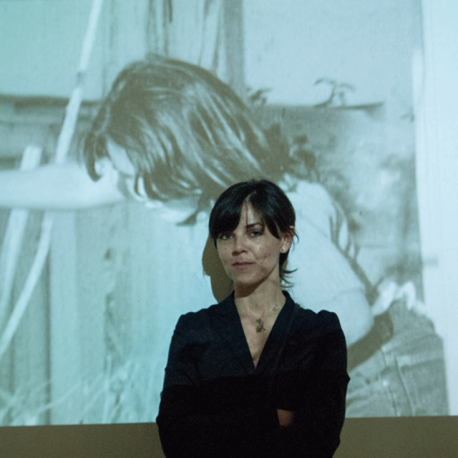
5 PM
Tzveta Sofronieva – Anthropocene and Anthroposcene
Thousands of years ago, Laozi was stopped at the border and had to write all his knowledge. Such a poetic passport of today is written by Tzveta Sofronieva when she had been stopped by linguistic boundaries. This poetry allows us to take a deep look at the interactions between different spheres of knowledge, expressions and creative processes in the astonishingly close frame of the early 21st century. Open heart and imagination help us change our views and words, lead wars and households, love and devastate nature, juggle in and with communication ways, systems and networks, yet we do not understand how to save life. Anthroposcene moves freely in multilingualism, as the author is at home in the global. – Johanna Domokos, preface
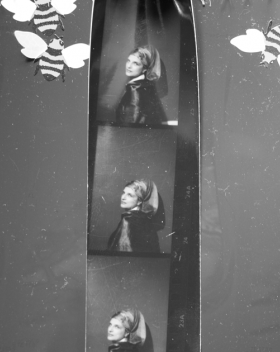
6 PM
The Hungarian Institute “Balassi” presents the young poet, Izsó Zita and her translator Martin Hristov. By the end of the year her poetry book is to be published in Bulgarian.
Izsó Zita (1986), poet, translator, playwright, editor of ‘Horizons’ world literature series of the Union of Young Writers and Kalligram, and the Üveghegy (uveghegy.com) children’s literature site.
With her first drama, written by both sisters Izsó – Zita won the Hungarian Radio Drama Competition. The play “Hanging” was set in 2010 by the Theater Company of the town of Debrecen.
With her first poetry collection (Marine Resident, FISZ – Union of Young Writers), she won the Gerecz Attila Prize in 2012. In 2013 she received the Moricz Zsigmond literary scholarship, in 2015 a Mihai Babic translation scholarship, and in 2016 and 2018 a scholarship from the National ‘Culture’ Fund (Hungary). Her second poem “From blossom to blossom” came out in autumn 2014 (publishing house PRAE-Palimpszeszt). From the summer of 2015, together with Bach Mateval, she runs a blog called “Women of Pesti”, the material of which come out in the spring of 2017 in a joint collection of interviews (Pesti’s Women, Athenaeum).
Her poems are translated into English, German, Polish and Serbian languages. She is currently working on her third collection of poems, which will be published by Publishing house “Scolar” until the end of the year.
Martin Hristov, translator, publisher. Translates poetry and prose into Hungarian. Among the authors he translates from are: Sándor Márai, Imre Oravecz, György Petri, Géza Csáth, István Bibó, Levente Király, Eva Banki, Andras Petocz, György Ferdinandy and others.
Winner of the Hungarian State Award “Golden Cross” – in recognition of his translations of Hungarian literature into Bulgarian and his contribution to the promotion of Hungarian culture in Bulgaria. Owner of Ergo Publishing House, specialized in the publishing of works by European authors.
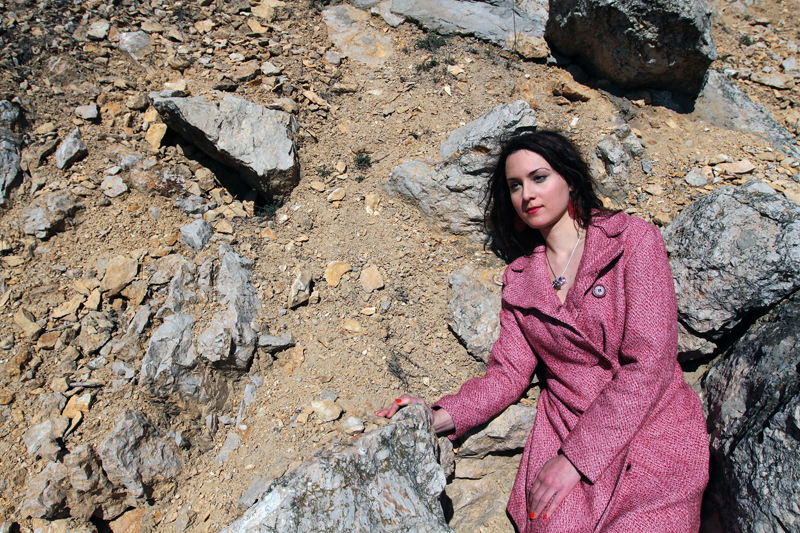
7 PM
Concert by Marianna D’ama and Davidе Grotta
Eclectic and versatile artist, she starts playing electric guitar at the age of 14 and joins a band of friends as a guitarist (Jeremy in progress). They published their first album in which Marianna improvises a song and that’s how she starts singing. At 18, she moved to London to learn English and there she decided to undertake several music courses, inspired by different musicians known in the live clubs where she worked. After 4 years she returns to Italy and begins her collaboration as a singer with an alternative rock band, MOVEONOUT with which she publishes an ep, RML in 2008, and an album, HERE in 2012.
After several years spent with MOVEONOUT, Marianna decides to leave the band and start producing her own material. She started with some home recordings, playing and singing on drum beats extracted from 60s/70s Funk vinyls, experiment the bass lines with a Farfisa organ and her first tracks began to take shape.
The meeting in a recording studio with Davide Grotta, multi-instrumentalist as well as sound engineer, allows her to arrange her songs definitively. In January 2018 their first self-produced EP has been released.
